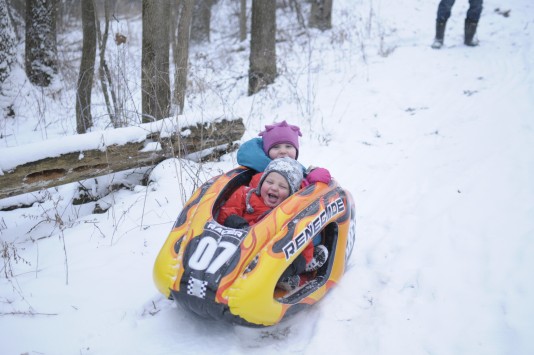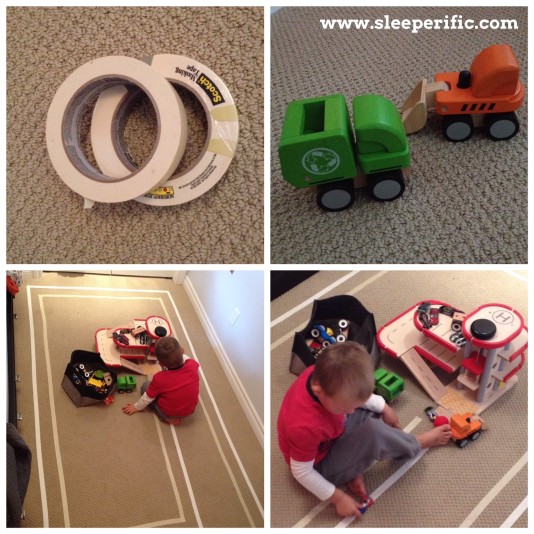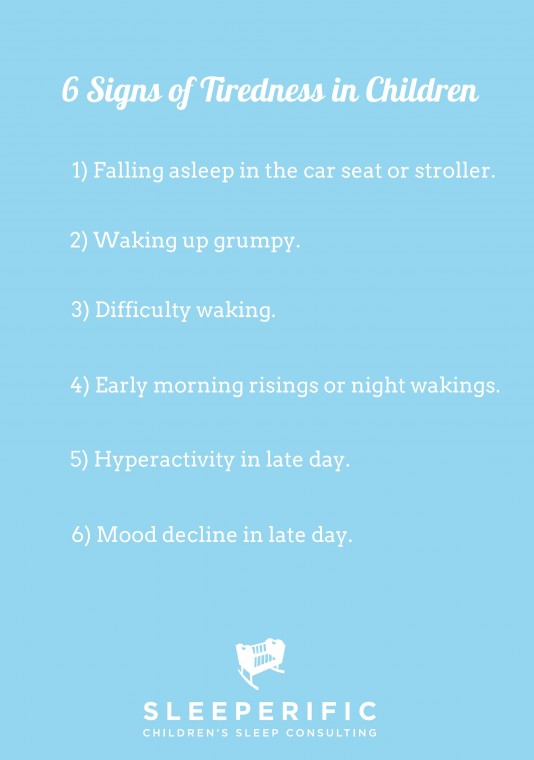
Be a more fabulous, well rested version of yourself!
I’ve never been much for new year’s resolutions. Since becoming a parent, I’ve become increasingly sentimental. Year end is when I take stock of the time passed, and reaffirm the hopefulness I have for myself and my family in the future.
At the top of my resolution list is better sleep, mostly for myself (and of course continued sleep for the rest of my family). As a mother of three (plus a dog who thinks she’s people), along with running my own small business, my sleep quantity and quality is often compromised. And I KNOW how important sleep is, but I still allow it to slide. I wanted to remind you (and myself!) that sleep is not a luxury enjoyed by the lazy, the inefficient or unproductive. Quite the opposite: sleep is an absolute necessity to bring out the best in you and your family.
Here’s 4 ways sleep make us better, which are good reasons you should be sleeping better too:
Sleep makes your healthier – There’s a growing body of scientific literature which links heart disease, hypertension, diabetes, compromised immune function and obesity to poor quality and quantity of sleep through sleep deprivation studies. Longer term studies (consistently going without adequate sleep for years, decades) are just starting to uncover how our lack of sleep can cause disease or cause disease to worsen.
Sleep makes you smarter – Sleep leads to more brain power in a couple different ways. Without sufficient sleep, it’s difficult to focus on the task at hand, which inhibits the ability to learn. Added to that, sleep plays an important role in consolidating memory, which we all need to learn new information and skills. And that’s just what’s been observed in grown-ups. Those tiny, precious, developing minds in children, where brains are doubling! tripling! in size in a matter of years… sleep is a much more precious commodity.
Sleep makes you happier – I’m the first to admit being pleasant and patient is downright impossible really hard after a poor night. I’m not alone in feeling grumpy, temperamental and listless after a lack of sleep. Compromised sleep is a risk factor for depression (and depression is a risk factor for compromised sleep… vicious cycle). This is a great video which ties together items 2 and 3 in this list.
Sleep makes you better at everything else – In order to make good on all those other resolutions, you need to sleep well first. Admit that your sleep has far reaching impacts. Whatever you want plenty of, less of, or to excel at in 2015, sufficient sleep will help you meet your goals.
“The way to a more PRODUCTIVE,
more INSPIRED and
more JOYFUL life is getting enough sleep.”
From my family to yours, I wish you a productive, inspired, joyful and sleep-filled 2015.
xxoo Krista
Use the hashtag #sleeperific2015 to tell us on Twitter, Instagram, Facebook and Pinterest YOUR personal sleep tips to help make 2015 a better rested one for you and your family. I’ll retweet, repost and share my favourites!

 How Winter Affects Our Sleep
How Winter Affects Our Sleep
